The project BIG educational game is a European Erasmus+ project that focuses on the social inclusion of people
About the project
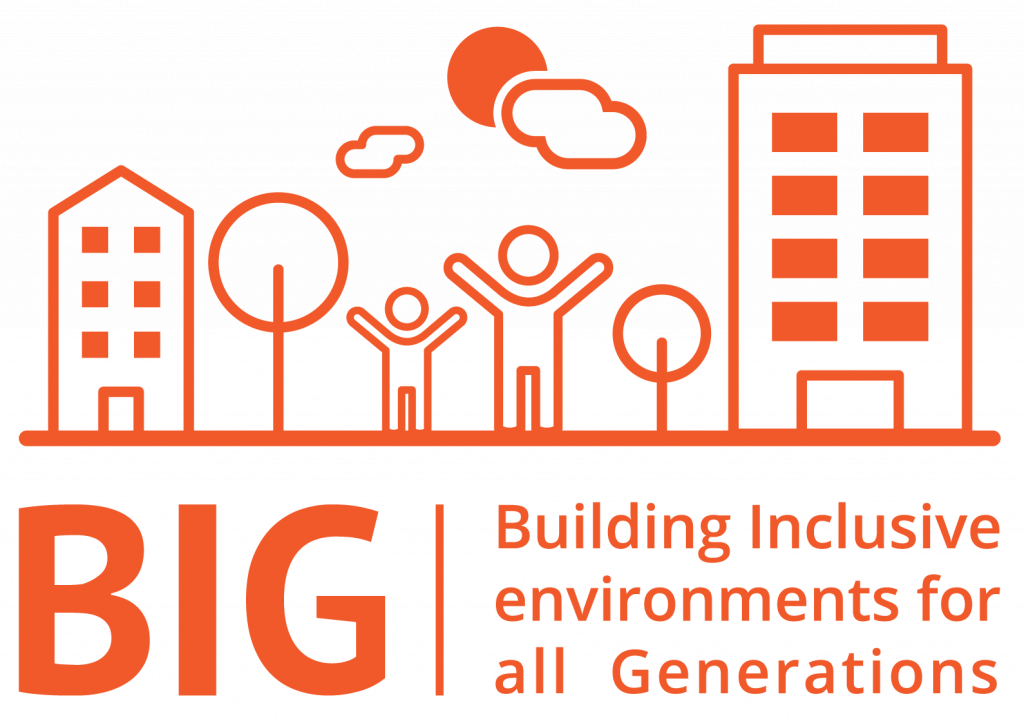
The project BIG educational game is a European Erasmus+ project that focuses on the social inclusion of people. The project started in November 2020 and will last until the end of December 2022.
In the project we develop a two-dimensional virtual game. The player can meet and solve challenges of characters in the game, such as inaccessible housing for a wheelchair, loading goods in a car while taking care of a child or visiting a restaurant with a bad sight.
We will also develop a workshop methodology and trainer or coach manual to use the game in joint training settings.
It will be publicly available, free of charge and as Open Educational Resource, on the project’s e-learning together with all necessary guidelines, instructions, related materials and further information.
The context
Hard to access environments, namely in neighbourhoods, public spaces and the social and commercial infrastructure, are a major risk for social exclusion. Especially persons with physical, mental or social restraints are often overlooked by people who design these environments. Also, people in particular temporarily circumstances, such as pregnancy or having a child in a buggy may experience issues.
Smart, healthy and age-friendly built environments apt for these target groups include living spaces which are safe and comfortable, the possibility to leave, move around and return to one’s building without barriers, to access to health and social services and opportunities to actively participate in community life. The ambition of the game goes beyond accessible design only.
03
Objectives
The BIG game intends to raise awareness and to transfer knowledge about appropriate measures and actions to create environments that are healthy and built in an age-friendly way, also by making use of ICT solutions, such as assistive or smart homes technologies.
According to their professional experiences, stakeholders in this field are usually focused on specific topics and areas. But an effective implementation of smart, healthy age-friendly environments needs a holistic approach combining architectural, social and ICT measures.
The game will therefore offer learning experiences in applying this approach. As a contribution to closing the gap between existing devices and their application, the BIG game will support learners to get acquainted with potential solutions and steps to be taken.
Approach
Building upon the current Erasmus+ project Hands-on SHAFE – Smart Healthy Age-Friendly Environments (www.hands-on-shafe.eu), the BIG game will be developed with the intention to make the results of the work done so far available as a playful learning experience to a broader target audience and thus spread knowledge and know-how on the creation of healthy, smart and age-friendly environments at the greatest possible extent.
Representatives of persons living in non-inclusive environments, as well as future learners, will be involved in the project activities as follows: people with first-hand experiences in inappropriate living environments hindering their social inclusion and independent living are invited to contribute in national workshops.
Their findings will be used to develop the main structure of the game on which feedback will be collected from policy makers, construction workers, urban planners and volunteers in a second round of workshops. During the project, the game will be tested with the contributors to the workshops.
The project started in November 2020 and will last until the end of December 2022.
Target groups
The game addresses diverse target groups, among others:
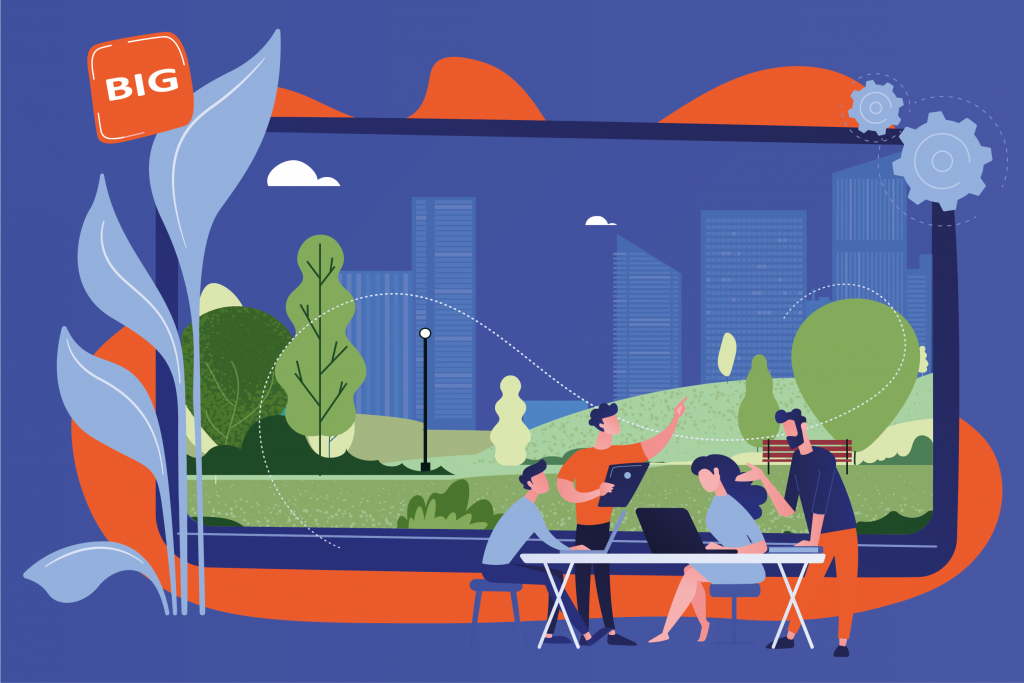
Professionals in municipalities and welfare organisations committed to urban development and social inclusion.
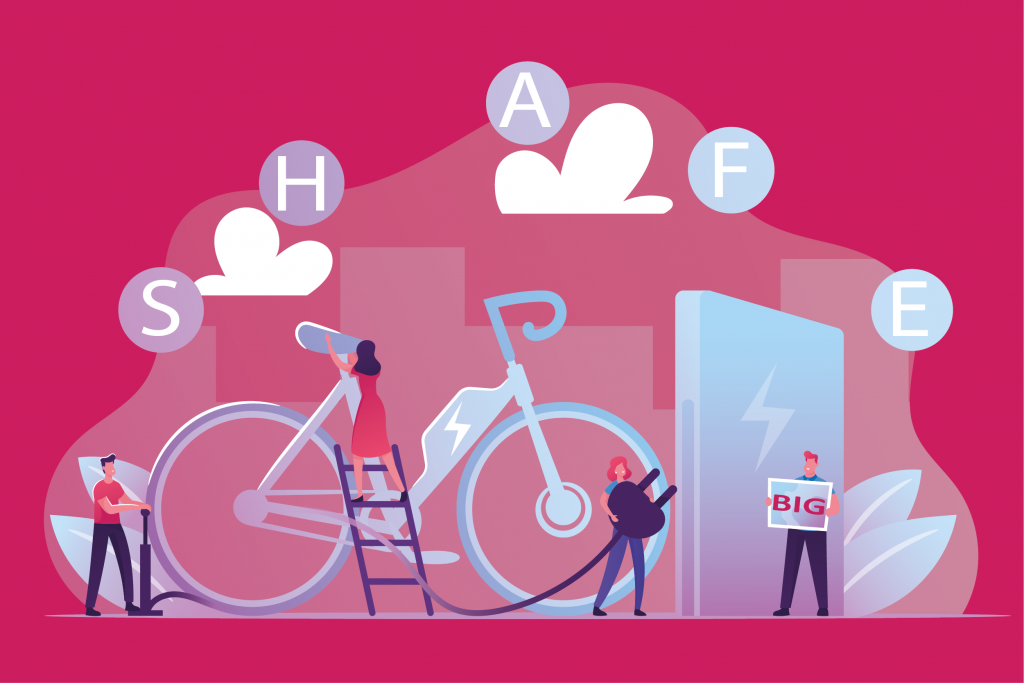
Volunteers in social associations, initiatives and Seniors Councils acting for the interests of persons in need of healthy, smart and age-friendly environments.
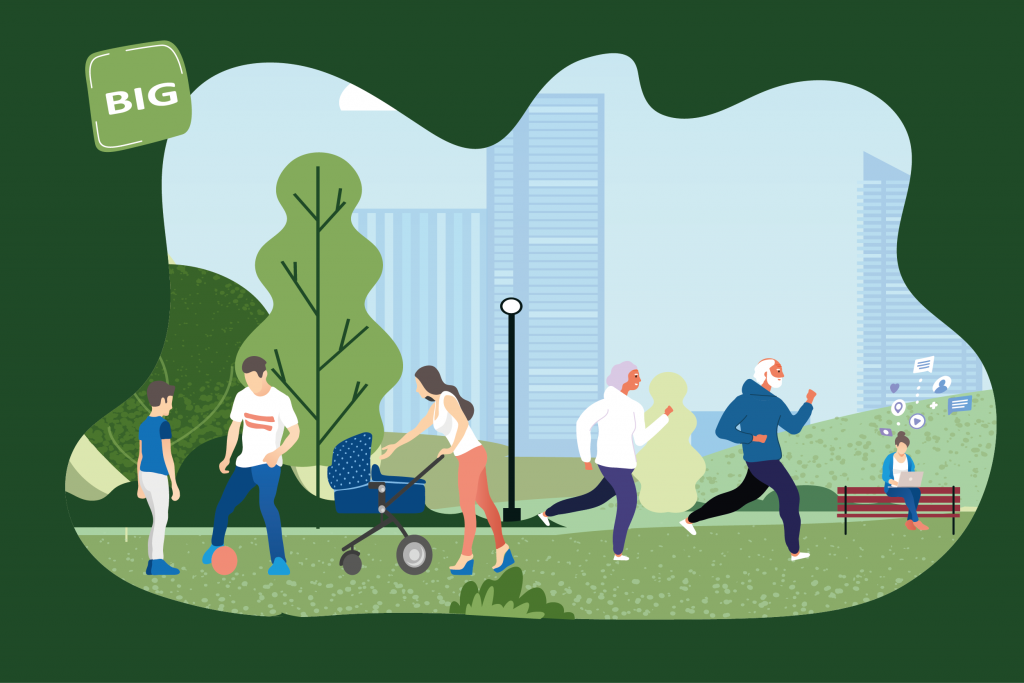
Private persons like students, informal carers and persons in need of adequate environments themselves.
project Results
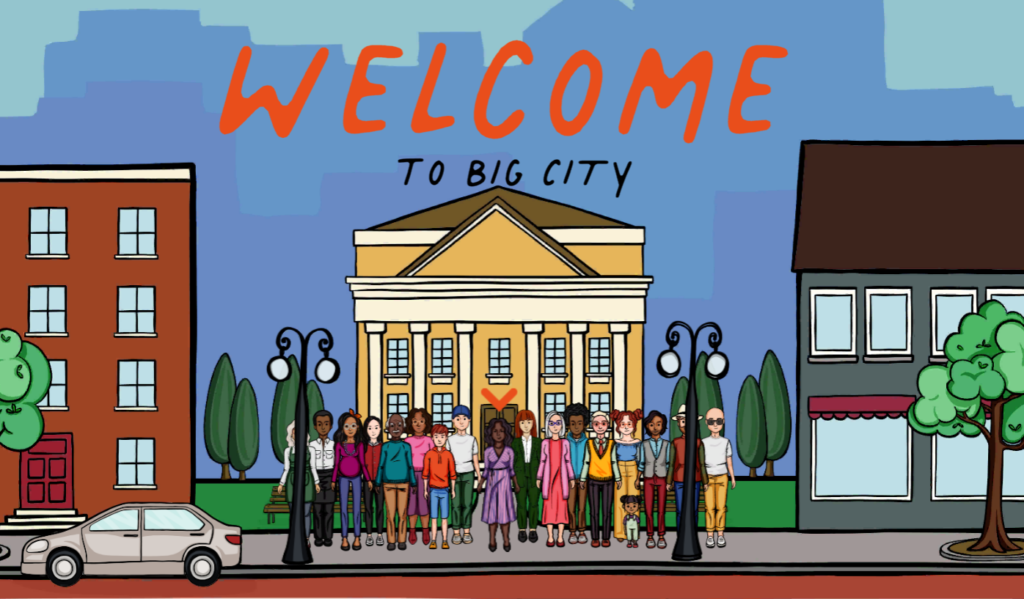
Educational online 2D game for individual players
A playful learning experience.
Co-produced by persons with own experiences in the lack of healthy, age-friendly environments.
Five characters with different kinds of impairments or other circumstances, such as a person with mobility problems, with dementia, pregnancy, social isolation and a person with a young child. The characters can be found in five different locations, which may be for example: apartment, supermarket with a restaurant in the same space, bus stop, playground in the park and health and social care centre.
Each character faces some challenging situations.
In order to assist the character in solving the challenges, the player has to fulfil tasks such as answering questions, playing a quiz or moving items.
The character provides feedback to the player and awards him/her accordingly.
The fun to play and the wish to solve levels to achieve an overall expert certificate will attract the player to continue and finalise the game.
Developed in English and translated into Dutch, German, Polish and Portuguese:
For players
A playful learning experience to become aware and sensitive to daily life issues that citizens of BIG City can have.
Co-produced by persons with own experiences in the lack of healthy, age-friendly environments.
Developed in English and translated into Dutch, German, Polish and Portuguese.
It includes the game and a tutorial.

Partners
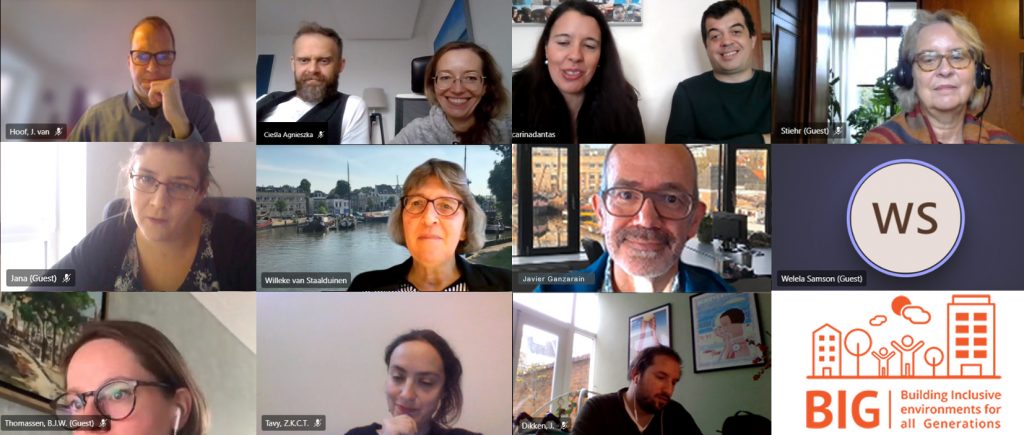
Co-Funding

The European Commission’s support for the production of this publication does not constitute an endorsement of the contents, which reflect the views only of the authors, and the Commission cannot be held responsible for any use which may be made of the information contained therein.